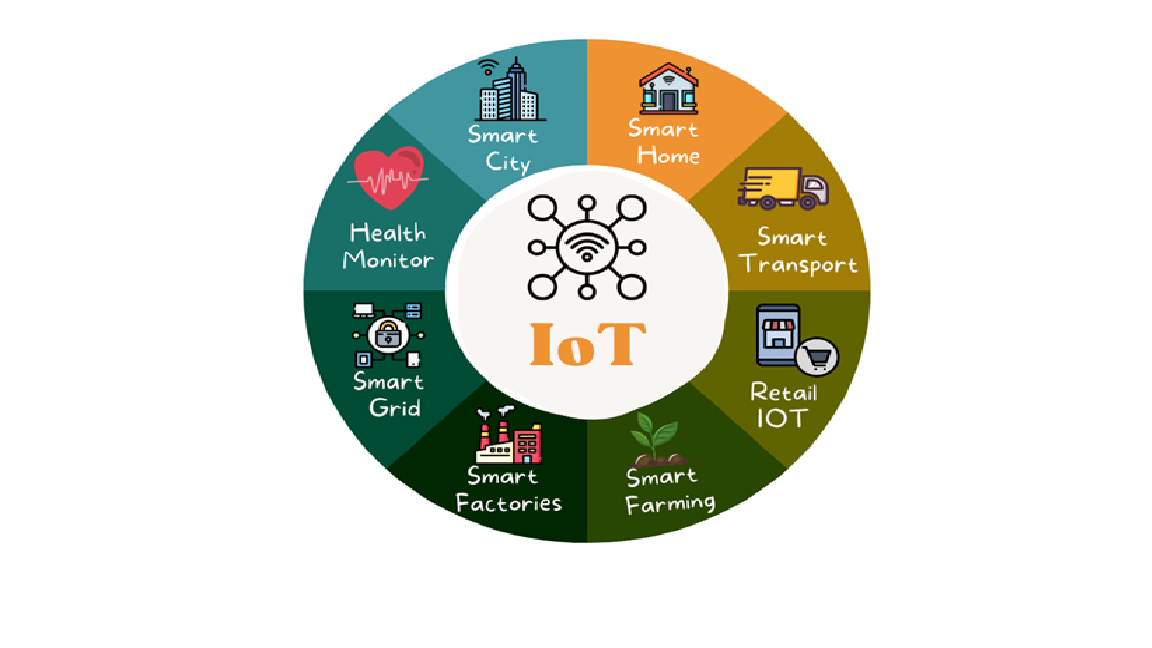IoT-Enabled Smart Cities: Challenges and Opportunities in Data Management and Analysis
Main Article Content
Abstract
The integration of the Internet of Things (IoT) into urban environments is transforming cities into highly interconnected and intelligent ecosystems, improving efficiency, sustainability, and the overall quality of life. By leveraging a vast network of sensors and smart devices, IoT-enabled smart cities optimize critical services such as transportation, energy management, waste disposal, public safety, and healthcare. However, the exponential growth of IoT-generated data presents significant challenges in data management and analysis. Issues such as data scalability, interoperability among heterogeneous systems, security risks, privacy concerns, real-time processing demands, and efficient storage solutions must be addressed to ensure seamless functionality. Traditional cloud-based architectures often struggle to manage the massive influx of real-time data, prompting the adoption of edge and fog computing to enable decentralized processing, reduce latency, and enhance responsiveness. Artificial intelligence (AI) and machine learning (ML) are playing an increasingly vital role in predictive analytics, anomaly detection, and intelligent decision-making, helping city administrators optimize resources and enhance urban resilience. Furthermore, blockchain technology offers promising solutions to security and trust issues by ensuring tamper-proof data transactions and decentralized control. Despite these advancements, several research challenges remain, including the need for standardized protocols, improved data fusion techniques, and ethical considerations related to citizen data privacy. This paper explores the complexities of IoT data management and analysis in smart cities, examining the latest technological advancements and strategies that can enhance urban infrastructure. Finally, it highlights future research directions and policy recommendations to ensure that data-driven smart city initiatives align with long-term societal and environmental goals.
